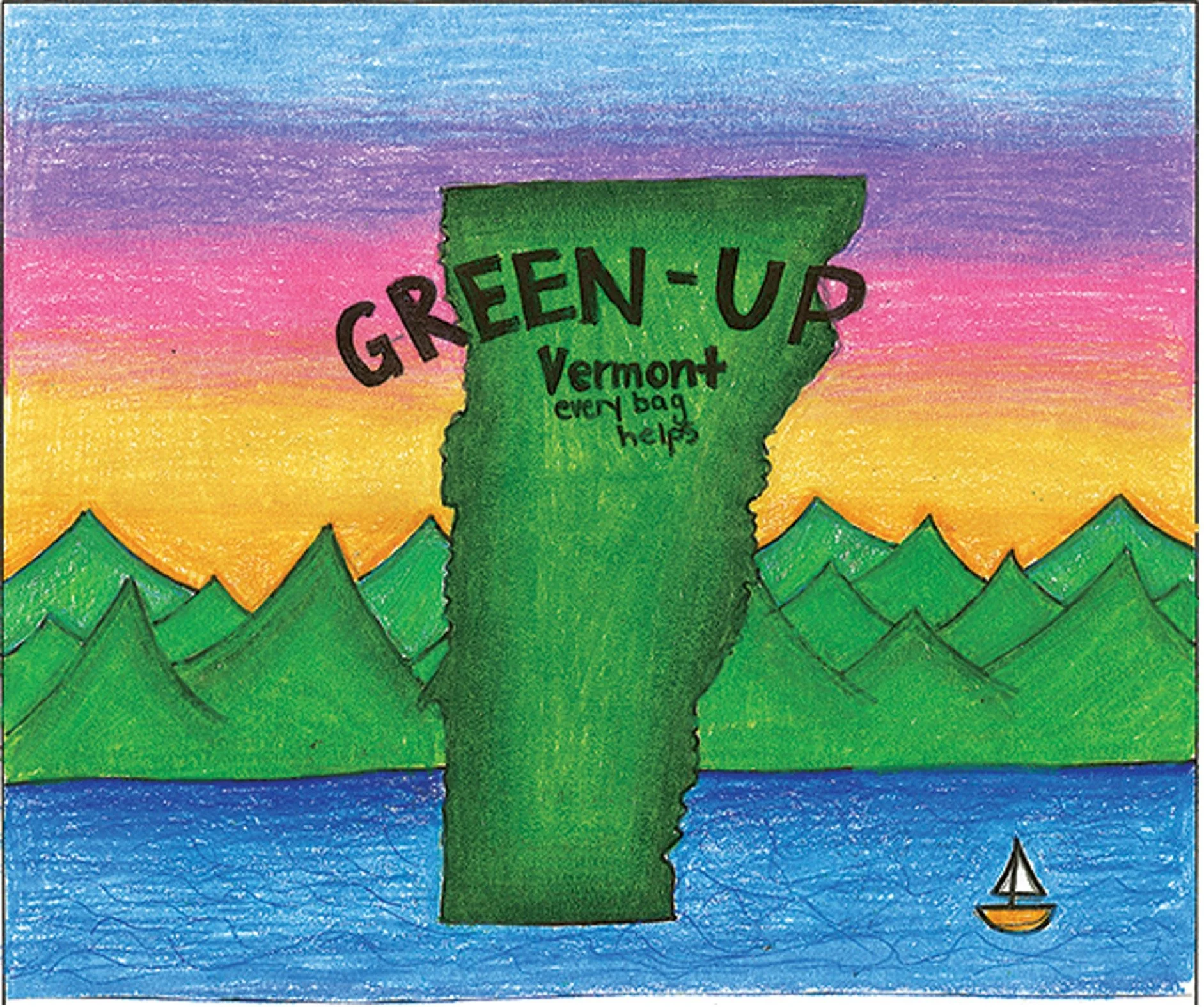Vermont State Climatologist Offers Advice to Young Climate Activists
Photo courtesy of Dr. Lesley-Ann Dupigny-Giroux.
In these times of uncertainty and mounting pressure in the wake of climate change, our desire for answers prompts us to look to experts for guidance. Dr. Lesley-Ann Dupigny-Giroux is one of these experts. She has been a Professor of Geography at the University of Vermont since 1997. She also is an adjunct professor in Geology and is a Fellow in the Gund Institute for the Environment. Her research focuses on “hydroclimatic natural hazards and climate literacy as well as the use of remote sensing and GIS (Geographic Information Systems) in the fields of spatial climate and land-surface processes” according to her profile page on the geography department’s website. She teaches GEOG 040: Weather, Climate, and Landscapes, a required introductory course for geography majors. I am taking this class this semester. Professor Dupigny-Giroux is also the Vermont State Climatologist.
Dupigny-Giroux owns a gas-powered car and does not use it every day. When she does use her car, it’s for her commute to the University, which is usually for about twenty minutes round-trip max. She used to use public transit regularly, but unfortunately there are no longer routes that go near her house. She suffers from the Last Mile Issue, as she has to walk at least half a mile to get to the nearest bus stop. The route also only runs every hour, which often makes it challenging to take without prior planning.
Her suggestions to improve public transit in Burlington center on community participation. She suggests that focus groups answering the questions of expanding bus routes and scheduling would be most productive. Further, she said that “some of my colleagues bike to work, but that may not necessarily be an option for everyone.” We must ensure that "we also consider mobility as part of everything that we do.” Professor Dupigny-Giroux is also looking forward to seeing and using the re-invigorated train station in Downtown Burlington.
We need to be thinking about sustainability and planning in terms of systems. In our conversation she pointed out that “if we only pick one thing, it may be a good thing for right now, but not the best thing for five years from now.” When she is presenting on climate change action, she prefers to “present a suite of options so that folks know all of the things that are available from which to choose.”
Professor Dupigny-Giroux explained that there are many options to better our sustainability when it comes to transportation. These include carpooling, electric vehicles, and increased availability for walking and biking. Although rural areas can benefit from the use of electric vehicles due to the lack of population density, Dupigny-Giroux also explained that “the electric grid in some of the rural areas of Vermont may not be able to support the charging features necessary for EVs to be fully deployed and functional.”
Professor Dupigny-Giroux is part of the Vermont Climate Council. She was appointed by the Vermont House of Representatives as the scientist who brings climate change expertise to the council. Part of her responsibilities is to help the council understand the “cutting edge science necessary to help the Climate Action Plan be as complete as it could be.”
Photo courtesy of Dr. Lesley-Ann Dupigny-Giroux.
Professor Dupigny-Giroux had a lot of advice for young climate activists. She stressed that we need to “learn from people who have been using resources for longer than we have. Indigenous peoples have been walking the earth gently for many, many centuries.” By listening to and honoring Indigenous wisdom, we can learn to reduce our impact on the earth. We also must work to have “a deep knowledge of understanding of everything that deals with climate and climate change.” Again, she emphasized the systems approach to learning and how scientific knowledge is always improving. We must “keep learning, keep understanding, and always keep growing if you want to be at the front edge” of climate change work.





